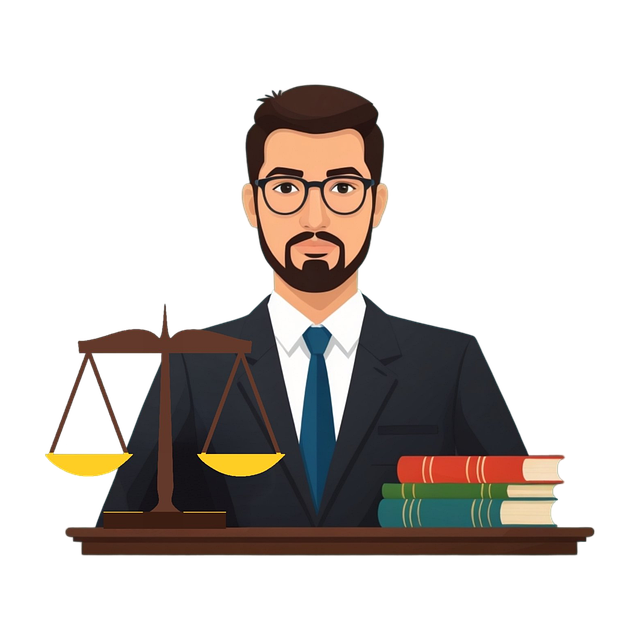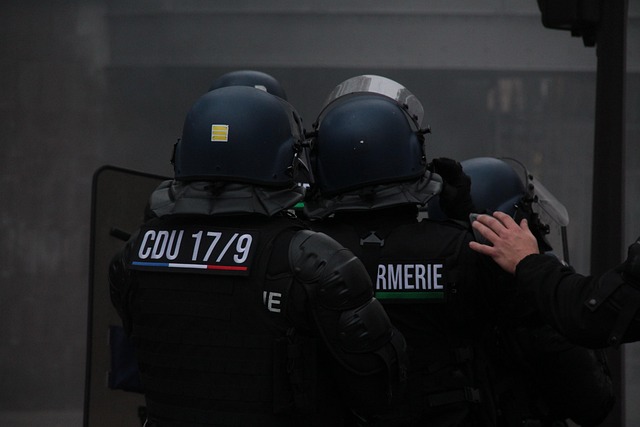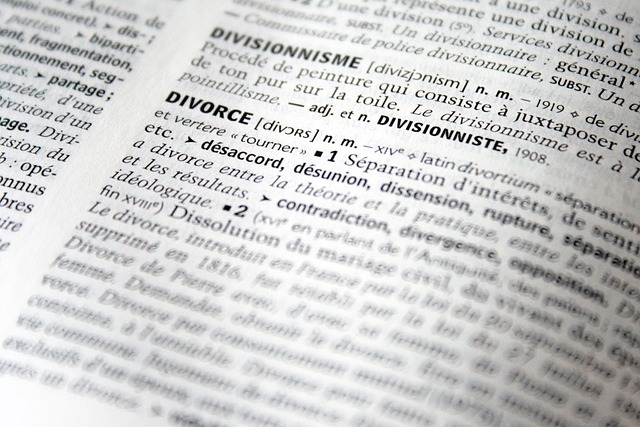Public corruption charges, ranging from bribery to misuse of funds, involve complex legal frameworks that vary by jurisdiction. Co-ownership property disputes can inadvertently trigger these allegations, especially in business transactions or development projects. Accused individuals have legal options, including dismissal if actions were official duties or lacked fraudulent intent. An ethical conduct history aids defenses. Navigating these cases requires strategic legal expertise to discern personal from illicit assets and employ robust arguments within legal boundaries. Skilled attorneys specializing in co-ownership and real estate litigation are crucial for protecting rights and ensuring justice amidst corruption's web. Preventive measures like internal controls, public education, and open financial reviews reduce the risk of such disputes arising from corrupt practices.
“Uncovering the intricate web of public corruption charges, this article delves into the legal complexities surrounding co-ownership property disputes. In a world where integrity is paramount, understanding the definitions and frameworks governing these charges is crucial. We explore how private matters, such as property disputes, can intersect with corruption, highlighting the need for effective legal options.
From evidence handling to due process, this piece uncovers vital aspects of corruption cases. Additionally, it discusses preventive measures and reforms essential to fostering a more transparent real estate sector.”
- Understanding Public Corruption Charges: Definitions and Legal Framework
- Co-Ownership Property Disputes: When Corruption Enters Private Matters
- Exploring Legal Options for Addressing Corruption in Real Estate Transactions
- The Role of Evidence and Due Process in Corruption Cases
- Preventive Measures and Reform: Beyond Legal Options
Understanding Public Corruption Charges: Definitions and Legal Framework

Public Corruption Charges refer to instances where individuals in positions of power or authority misuse their office for personal gain. This includes a wide range of malfeasance, from bribery and embezzlement to abuse of public funds and influence peddling. Understanding these charges requires delving into the legal frameworks that define them. Each jurisdiction has its own laws and regulations that outline what constitutes corruption, with penalties ranging from fines to imprisonment or both.
In many cases, co-ownership property disputes can inadvertently lead to public corruption allegations. When business transactions involve public officials, especially in complex scenarios involving large-scale development projects, the lines between personal and official interests can blur. Individuals accused of corruption face a myriad of legal options, including the possibility of a complete dismissal of all charges if they can prove their actions were within the scope of their official duties or that there was no intent to defraud. An unprecedented track record of ethical conduct in respective businesses can also play a significant role in defense strategies aimed at achieving a full dismissal.
Co-Ownership Property Disputes: When Corruption Enters Private Matters

In the realm of public corruption, where the line between right and wrong is often blurred, co-ownership property disputes emerge as a unique twist in the intricate tapestry of legal battles. When corruption enters private matters, it can create complex scenarios involving joint property ownership. These disputes are not merely about financial transactions; they delve into the heart of ethical conduct and legal representation. Individuals accused of public corruption often face challenges in separating their personal assets from those tied to illicit activities, leading to contentious co-ownership property issues.
Understanding the legal options available is crucial for navigating these complex situations. The all stages of the investigative and enforcement process demand a strategic approach, especially when dealing with general criminal defense or white-collar defense strategies. Co-owners may find themselves in a bind, requiring expert legal counsel to differentiate legitimate assets from those acquired through corrupt means. By employing robust legal arguments, skilled attorneys can protect their clients’ rights while untangling the web of corruption, ensuring fair outcomes within the confines of the law.
Exploring Legal Options for Addressing Corruption in Real Estate Transactions
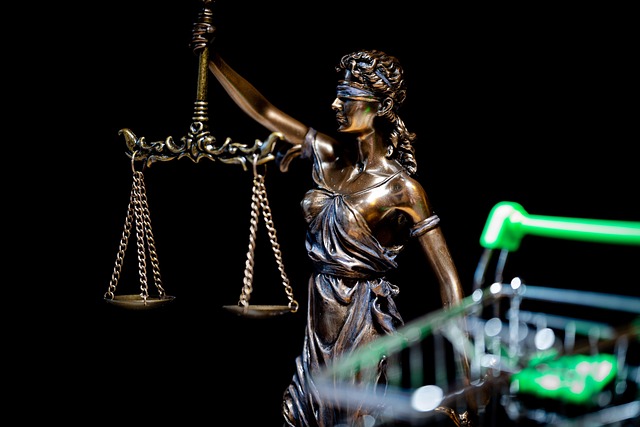
When it comes to addressing corruption in real estate transactions, exploring legal options is a crucial step. Co-ownership property disputes often involve complex web of financial interests and agreements, making them ripe for malicious manipulation by corrupt actors. In such scenarios, individuals accused of public corruption face unique challenges that require a strategic approach. Engaging experienced legal counsel who specialize in co-ownership and real estate litigation can prove invaluable.
These attorneys are adept at navigating the intricacies of general criminal defense, providing winning challenging defense verdicts across the country. They understand the nuances of property laws and financial regulations, which are essential for constructing robust defenses against corruption charges. By leveraging these legal options, individuals accused can protect their rights and seek justice in the face of corrupt practices that taint real estate transactions.
The Role of Evidence and Due Process in Corruption Cases

In public corruption cases, evidence plays a pivotal role in securing convictions and upholding justice. The prosecution must gather robust and admissible proof to establish guilt beyond a reasonable doubt. This includes financial records, witness testimonies, and any direct or circumstantial evidence linked to the alleged corrupt activities. Due process guarantees that all individuals accused of corruption are entitled to fair trials, ensuring their rights are protected throughout all stages of the investigative and enforcement process.
Co-ownership property dispute legal options can also come into play in corruption cases where assets may have been obtained through illicit means. The onus is on both the prosecution and defense to present compelling arguments and evidence during jury trials, which often determine the outcome of such complex cases. This meticulous approach ensures that justice is served while adhering to the legal frameworks designed to protect the rights of all parties involved.
Preventive Measures and Reform: Beyond Legal Options
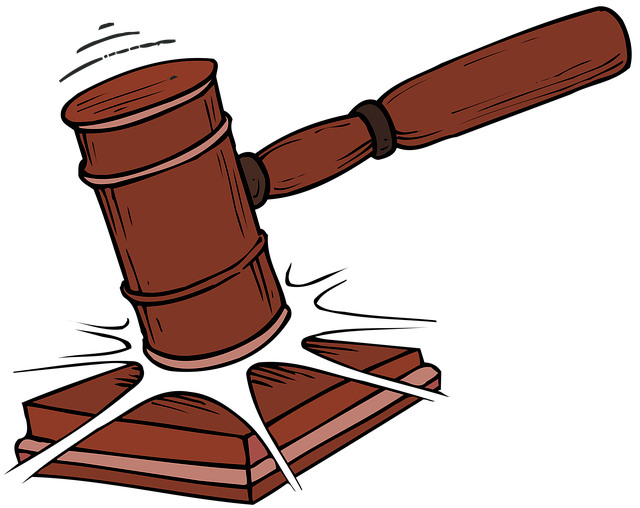
Preventive measures play a pivotal role in combating public corruption charges, extending beyond mere legal options. Implementing robust internal controls within government agencies can deter malicious practices by ensuring transparency and accountability. This includes establishing clear guidelines for decision-making processes, promoting open-book auditing, and mandating regular reviews of financial transactions—all of which foster a culture of integrity.
Moreover, public education and awareness campaigns are instrumental in empowering citizens to recognize and report corrupt activities. By equipping respective business and individual clients across the country with knowledge about their rights and responsibilities, society can actively participate in preventing corruption. This collective effort not only strengthens the fight against unethical conduct but also fosters a sense of ownership in upholding the integrity of public institutions.
Public corruption charges, as explored through various legal frameworks, highlight the intricate interplay between public trust and private transactions. From understanding co-ownership property disputes to implementing preventative measures, it’s clear that addressing corruption in real estate demands a multifaceted approach. While legal options provide tools to combat corruption, fostering transparency and strengthening due process are essential for long-term success. By examining these aspects, we can work towards a more equitable and integrity-driven real estate sector, ensuring that co-ownership property disputes are resolved fairly and transparently.
